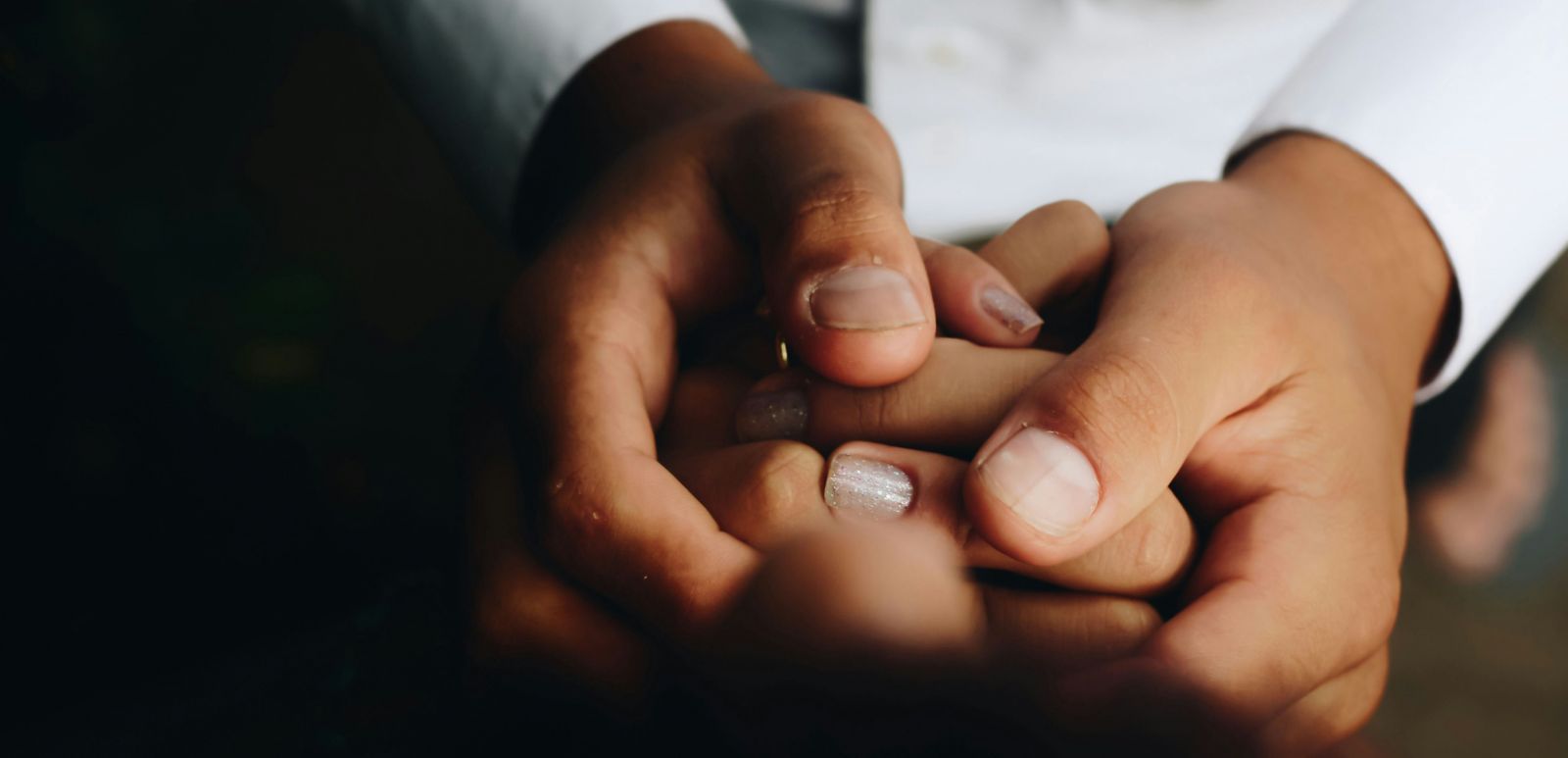Juneteenth and Health Equity
June 19, 2024
It took two years for the news that slaves were free to reach Galveston, Texas. The day the news arrived—June 19, 1865—is celebrated as Juneteenth and the official end of slavery in the United States.
However, the news that in the U.S. people of color, and especially Black people, are equal has not yet reached everyone. Disparities in healthcare access and outcomes, particularly for African Americans, are a distressing measure of how far we have to go, and how difficult the pursuit of healthcare equity is.
No matter what statistic you look at, there is often not just a gap, but a chasm.
-
The infant mortality rate for Blacks is more than twice that of whites.
-
Blacks have higher rates of chronic conditions, such as hypertension, diabetes, and heart disease, including a 30% greater risk of death from heart disease.
-
Blacks died of COVID-19 at 2.4 times the rate of whites; the rate was 2.3 times for Hispanics.
-
About a quarter of the U.S. population live in areas designated as Health Professional Shortage Areas, and these areas are disproportionately BIPOC populations.
-
Adults with higher incomes are more likely to receive preventive services such as screenings and vaccinations compared to those with lower incomes. For example, 77% of high-income adults receive flu shots compared to 43% of low-income adults.
When it comes to wellness and healthcare, the impact of slavery has not ended. Juneteenth is recognition of a milestone, celebrated for the victory it was over a moral evil. Yet in terms of healthcare, it remains a partial victory at best. The legacy of slavery and systemic racism inflicted deep wounds on the American healthcare system, many of which have yet to heal. African Americans have historically faced significant barriers to accessing quality healthcare, contributing to persistent disparities in health outcomes.
The causes of these disparities are social, economic, environmental, and structural.
Socioeconomic status is a major determinant of health. African Americans are at higher risk to live in poverty, have lower educational attainment, and face unemployment or underemployment. These socioeconomic challenges limit access to healthcare services and healthy living conditions.
African Americans are less likely to have health insurance and more likely to reside in medically underserved areas. This is coupled by higher exposure to environmental pollutants, a lack of accessible public transportation to reach adequate healthcare facilities, and the fact that they are often cared for by providers who are misinformed about racial disparities in healthcare.
Implicit bias and systemic racism within the healthcare system lead to differential treatment of African American patients. Studies have shown that African Americans and people of color receive lower-quality care and are less likely to be referred for necessary procedures and treatments.
Juneteenth should serve as a reminder to nurses and everyone in the healthcare ecosystem that there is a compelling, urgent need for action to address and redress the entire arc of healthcare inequity. As healthcare professionals, Juneteenth is an opportunity to reflect on the historical context of healthcare disparities, advocate for systemic changes to achieve health equity, and celebrate the resilience, dedication, and outstanding contributions African Americans have brought to the field of nursing and midwifery.
One of the greatest needs is for more culturally-responsive primary care providers, and this is where nursing has a crucial role to play. With a quarter of the U.S. population living in areas unserved or underserved by healthcare providers, we need to be advocates for qualified nurses serving as primary care providers, and work to develop pathways to increase the number of nurses and midwives from the people of color communities. It is the only way we will fill the primary care gap—a gap that is a major contributor to lack of access and worse outcomes for Blacks and other people of color. Achieving this goal requires rethinking the structure of primary care delivery, revamping nursing education to include the history and contributions of Black nurses and midwives, and investing resources in nursing education.
At Yale School of Nursing (YSN), we have several ongoing initiatives and new partnerships that seek to address these inequities:
-
Truth and Light Culturally Affirming Programming: This will be a series of activities, events, and excursions that celebrate and affirm a spectrum of identities at Yale, YSN, and the greater New Haven community. We plan to start with a Yale and Slavery walking tour excursion for YSN members in the fall.
-
DEIB Curriculum Mapping: Starting with the MSN program, we have begun benchmarking how YSN courses integrate DEIB and its impact on the practice of nursing and midwifery.
-
Building a HBCU Partnership: We will begin exploring pathways to support scholarship and practice across Meharry and YSN.
-
African Diaspora Pride at YSN: We will be giving away t-shirts to YSN members with the Yale Juneteenth logo to wear as a visible representation of our pride and joy for the legacy of resilience, resistance, reclamation among members of the African Diaspora at Yale. Details to come soon.
Newton’s First Law of Motion states that a body at rest will remain at rest unless an outside force acts on it. Healthcare is a very large body that is very much at rest. Nursing can and should take the lead in being a powerful advocate for not just change, but transformative change.
When that is achieved—once there is equitable wellness for Blacks, African Americans, people of color and other underrepresented communities—we will have a lot more to celebrate on Juneteenth.

